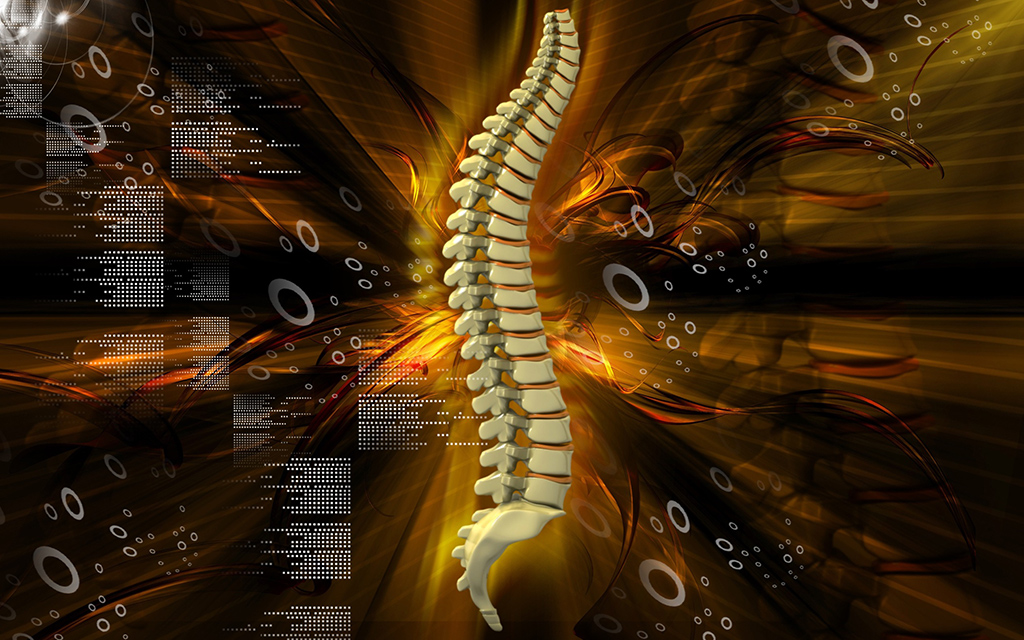MRI-Based Algorithm Accurately Predicts Spinal Pathologies
Posted on 09 Oct 2023
Various types of spinal pathologies exist, ranging from trauma and degenerative diseases to infections, neoplasms, inflammatory conditions, and tumors. Therefore, clinical evaluation often relies on laboratory tests and imaging studies to guide diagnosis and treatment decisions. Although biopsy is the definitive method for diagnosis, it's invasive and expensive. Now, a new study has revealed that a deep-learning algorithm using MRI scans can effectively distinguish between different types of spinal pathologies. The study showed that the algorithm's accuracy was moderate for the validation group but high for the test group.
Researchers from the Tel Aviv Medical Center (Tel Aviv, Israel) built the deep-learning algorithm on the Fast.ai framework on top of the PyTorch environment and uses pre-surgery MRI data and post-surgery pathological findings for its evaluations. The data used for training and validation were organized in a five-fold cross-validation format. The study examined MRI data from 231 patients who had different spinal pathologies: carcinoma, infection, meningioma, and schwannoma. The research indicated that the algorithm achieved an average accuracy of 0.78 in the validation set and 0.93 in the test set.

While the researchers admit that the algorithm isn't as precise as traditional pathology reports, they see it as a promising tool for the timely diagnosis of spinal conditions. It could potentially reduce the need for riskier, more invasive procedures like biopsies. Future research, they suggest, should focus on integrating larger and more diverse patient datasets to assess the algorithm's broader applicability. They also highlighted the need for additional studies to explore the practicality of using deep-learning methods for identifying spinal pathologies via MRI.
“Although based on a relatively small, segregated cohort, this study represents the power of deep learning tools in prediction spinal pathologies and lays the foundations for developing deep learning-based algorithms for this purpose,” wrote the authors.
Related Links:
Tel Aviv Medical Center














